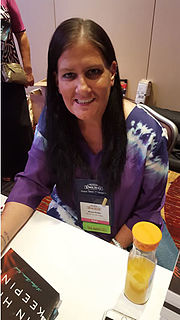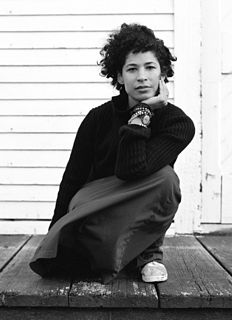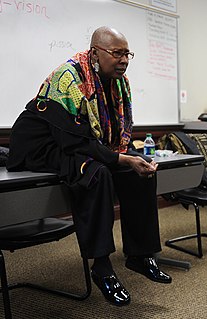A Quote by Tobias Wolff
Memory is funny. Once you hit a vein the problem is not how to remember but how to control the flow.
Related Quotes
One often feels as though something had happened before, I remember. It comes quite close to you and stands there and you know it was just this way once before, exactly so; for an instant you almost know how it must go on, but then it disappears as you try to lay hold of it like smoke or a dead memory. "We could never remember, Isabelle," I say. "It's like the rain. That has also become one, out of two gasses, oxygen and hydrogen, which no longer remember they were once gasses. Now they are only rain and have no memory of an earlier time.
I wouldn't mind the early autumn if you came home today I'd tell you how much I miss you and know I'd be okay. It's funny how we never know exactly how our life will go It's funny how a dream can fade with the break of day. Time can't erase the memory and time can't bring you home Last Summer was a part of me and now a part is gone. —Margaret
It seems to me, that this, too, is how memory works. What we remember of what was done to us shapes our view, molds us, sets our stance. But what we remember is past, it no longer exists, and yet we hold on to it, live by it, surrender so much control to it. What do we become when we put down the scripts written by history and memory, when each person before us can be seen free of the cultural or personal narrative we've inherited or devised? When we, ourselves, can taste that freedom.
Some people say they use images to help them remember intricacies. Others say they just remember. If they are able to form an image of the face, it is because they remember how it was: it is not that an image guides memory, but that memory produces an image, or the sense of imaging. We have no agreed way to talk clearly about such things.
Having been hit by drug addiction, knowing how many are hit by it and what a big problem it is in our neighborhoods and our culture, I feel a responsibility to do something. I can see what's wrong with the system - that we have to recognize mental illness as we do cancer or broken bones - and how we need to make it better.







































